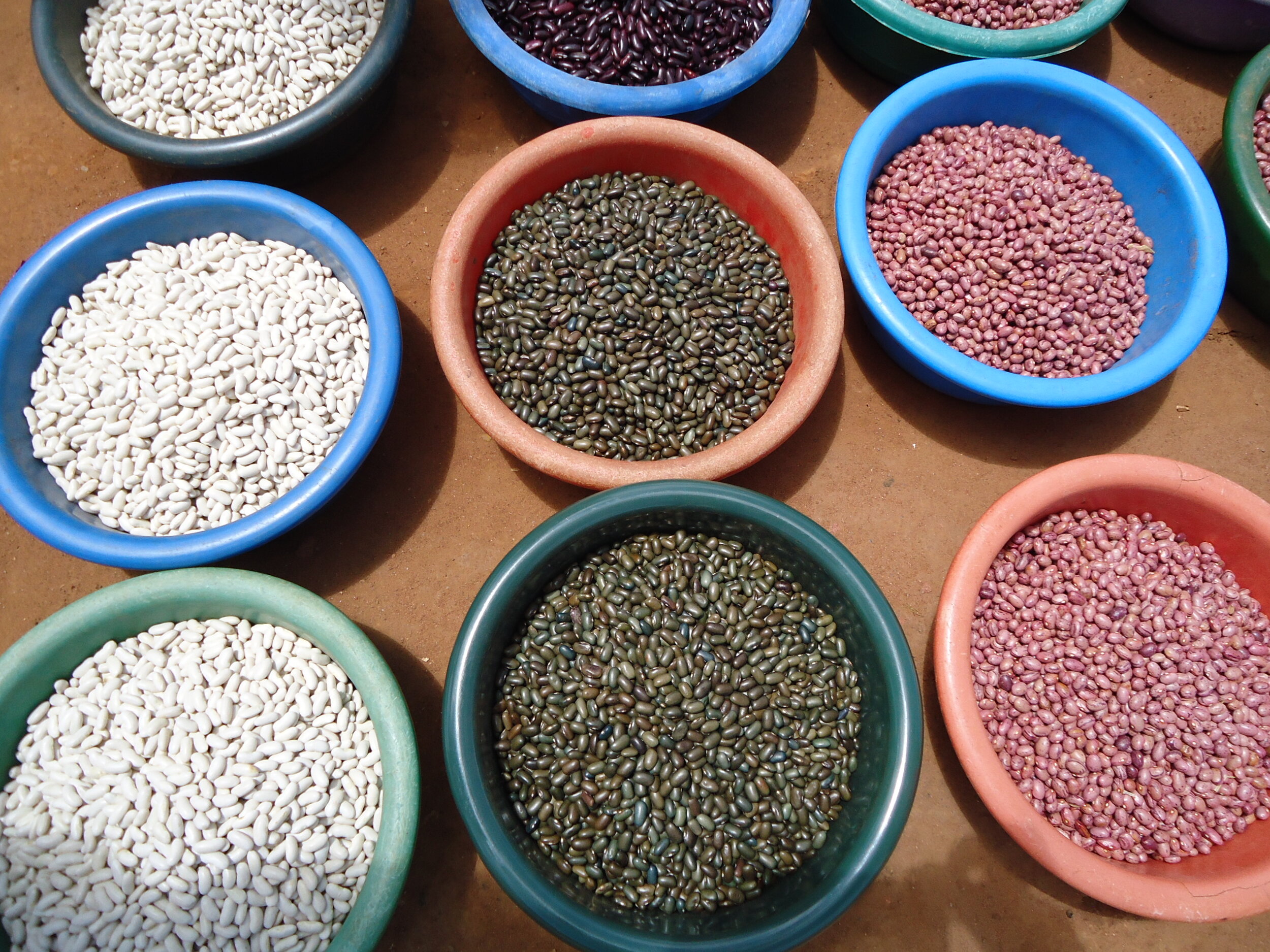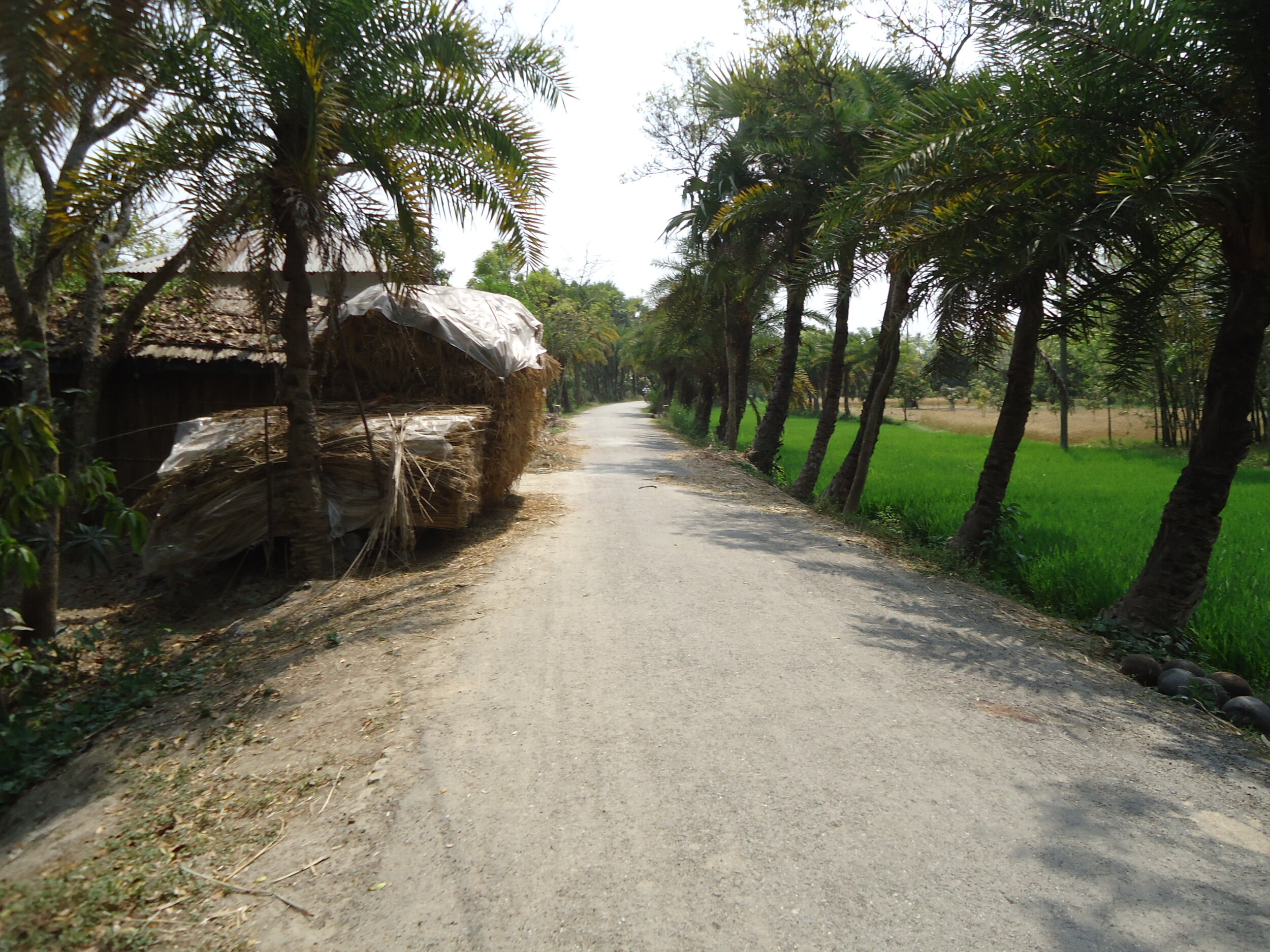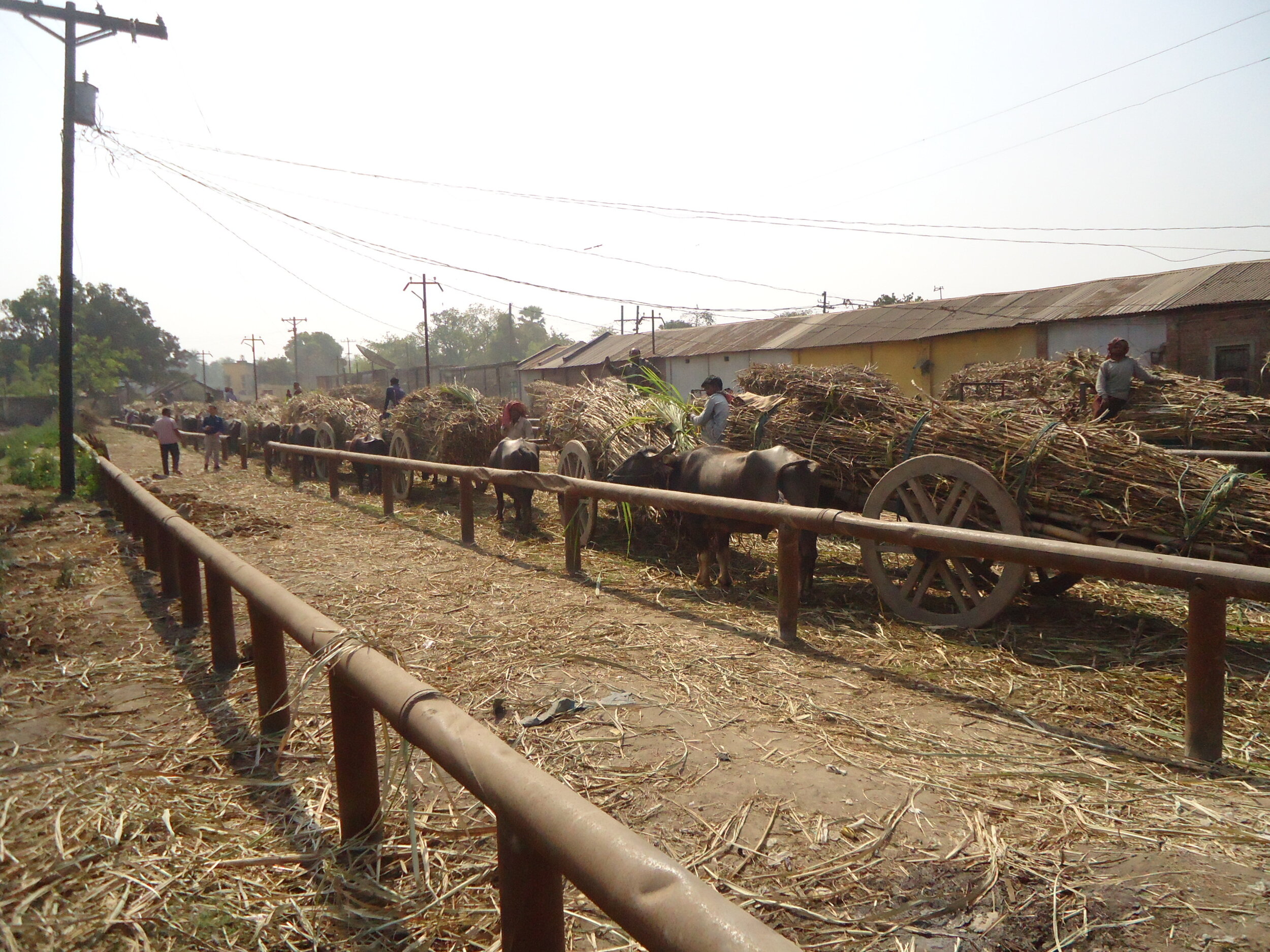Thinking Outside the Box
Thinking Outside the Box | Measuring Quality of Life
Household Methodologies | Men and Masculinities
Thinking Outside the Box
Publications
Transforming Gender Relations in Agriculture in Southern and East Africa. Book (SIANI, Stockholm)
Organic Agriculture and Women's Empowerment - Report (IFOAM)
Building a Gender-Transformative Extension and Advisory Facilitation System in Sub-Saharan Africa - Journal paper
Participatory Plant Breeding and Gender Analysis - Book (PRGA/CGIAR)
Thinking outside the box is essential to finding a way forward in our chaotic yet astonishingly wonderful world. One university lecturers said something I've never forgotten. "Where is the crisis? Is it in the world? Or is it how we think about the world?" There is a crisis in the world, but it is produced by the way we think. For this reason, I've been interested over many years in initiatives thinking and doing things differently.
Finding new ways of thinking around gender is important. A recent co-authored paper is about a new concept of power the authors call 'power through'. It suggests that people can be placed in a position of power, or disempowered, through no action of their own. It helps to explain why women's empowerment initiatives are sometimes considered ‘zero sum’ and to disempower men.
hired field workers myanmar
key informant interview india
women wheat farmers india
Measuring Quality of Life
My doctorate engaged with organic spice farmers in Madagascar to understand whether participating in international value chains improved their quality of life (QoL). I engaged with organic and Fair Trade consumers in Germany to understand how they believed their purchases improved QoL among farmers.
household methodology cambodia
household methodology sierra leone
household methodology cambodia
Household Methodologies
Household Methodologies (HHM) work to change gender relations within the 'black box' of the household. The underlying goal is to improve the gender equity of intra-household decision-making processes and in doing improve how households marshal and manage resources across the farm and in off-farm activities, and ensure that the benefits from this work are equitably distributed to all household members.
I assessed a powerful HHM in Zambia which was developed by the Agricultural Support Programme (ASP) funded by SIDA. ASP also had an excellent methodology for ensuring food security in maize. I travelled later to Ethiopia to find out more about an indigenously developed HHM called the Transformative Household Approach on behalf of SIDA. In time I became involved in IFAD's work to invest in HHM. My work included co-facilitating a pan-African writeshop with practitioners in Uganda and then co-developing various publications for IFAD, including a 'teaser' and a 'how to' manual, and I helped to bring various case studies from SSA to completion. One HHM is called Gender Action Learning System (GALS). This uses only visual methods. I evaluated an Oxfam-funded GALS in Uganda (coffee value chain) and in Zimbabwe (Livelihoods and Food Security Programme, FAO/DFID). With CIMMYT-CCAFS I co-led a quantitative/qualitative study using controls on GALS in Malawi, and the same for IFAD on GALS in Sierra Leone. Most recently I visited an OXFAM-funded project in Cambodia using GALS to strengthen women’s decision-making and to enrol men against gender-based violence.
village market malawi
local trader india
coffee value chain malawi
Men and Masculinities
Papers which examine changing gender roles include:
Continuity and Change: Performing gender in rural Tanzania - Journal paper
Unequal Partners: women and men maize farmers in Nigeria - Journal paper
Achieving the Sustainable Development Goals and all targets associated with gender equality depend on men's support. A great experience was working with men's organisations for women's equality in Kenya and Zambia to prepare a Guidance Note on men and nutrition. A new Guidance Note explores how to engage men for gender equality in maize-based systems in SSA.
village bangladesh
women getting rice threshed bangladesh
bringing sugar cane to the factory bangladesh












